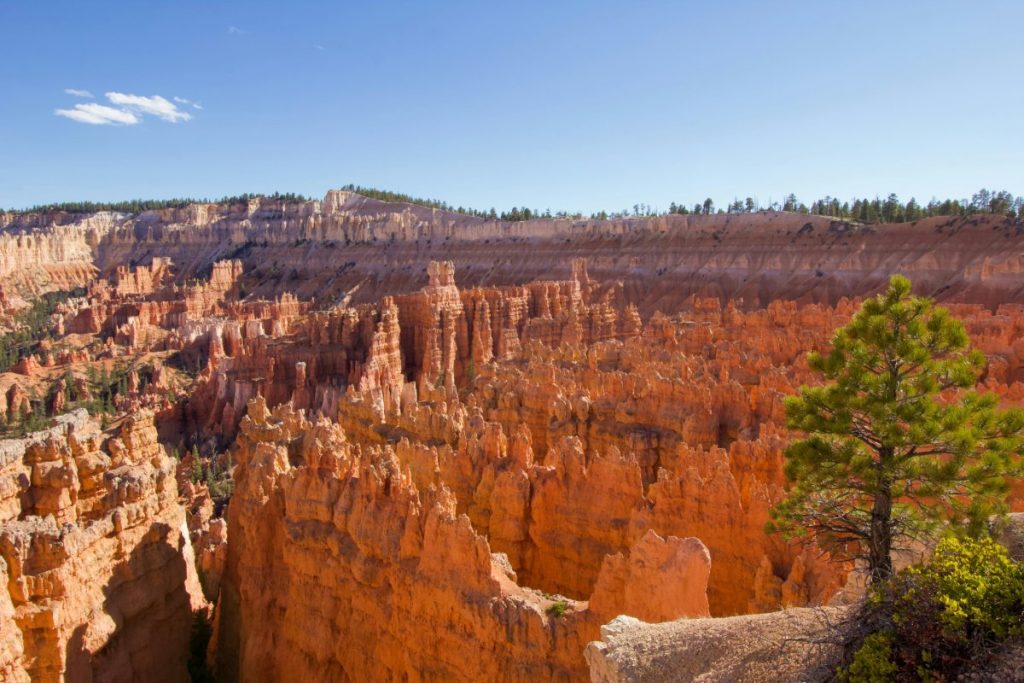America’s national parks have been overwhelmed with visitors, prompting the Lily Endowment to award the National Park Foundation a $100 million grant to help manage visitor growth, conservation, infrastructure maintenance, and other areas. During the pandemic, there was a surge in national park visitors, and this trend has continued, with 325.5 million visits reported in 2023, up from 2022. Overtourism in parks has led to issues such as traffic congestion, worn-out trails, overcrowding, environmental degradation, and a decline in the visitor experience.
In response to overtourism, some of the most popular national parks have implemented reservation systems for peak periods. Parks like Glacier, Mount Rainier, and Yosemite now require visitors to make reservations in advance for entry during busy times. However, some tourism businesses are concerned about the accessibility of these reservation systems for international visitors. Lena Ross, COO of America 4 You, expressed the need for reservation systems to be more friendly to international visitors who often plan trips to the U.S. a year in advance.
To address overtourism, the National Park Service is looking to standardize commercial use authorization (CUA) online applications for tour operators across all its parks. This is aimed at ensuring that operators are properly insured, responsible for their tours, and adhere to principles like Leave No Trace. Some national parks have also increased camping fees to cover maintenance costs. Zion National Park raised its camping fees by over 50%, while Glacier National Park raised fees at most of its front-country campgrounds for the first time since 2007. Parks like Joshua Tree, Haleakalā, and Rocky Mountain National Park are reviewing proposals for fee increases.
Overall, the $100 million grant from the Lily Endowment will help the National Park Service in its efforts to manage overtourism and sustain the visitor experience. With the continued surge in visitors to national parks, it is crucial to find a balance between accessibility, conservation efforts, and the overall preservation of these natural wonders. By implementing reservation systems, standardizing commercial use authorizations, and increasing fees for certain services, national parks are taking steps to address the challenges posed by overtourism.
As overtourism continues to be a concern for national parks, it is essential for stakeholders to work together to find innovative solutions. While reservation systems and fee increases are effective in managing visitor numbers and funding maintenance costs, it is important to ensure that these measures do not hinder the visitor experience. By collaborating with tourism businesses, international associations, and the public, the National Park Service can develop strategies that strike a balance between preserving the parks and providing a memorable experience for visitors. The $100 million grant will undoubtedly support these efforts and contribute to the long-term sustainability of America’s national parks.


